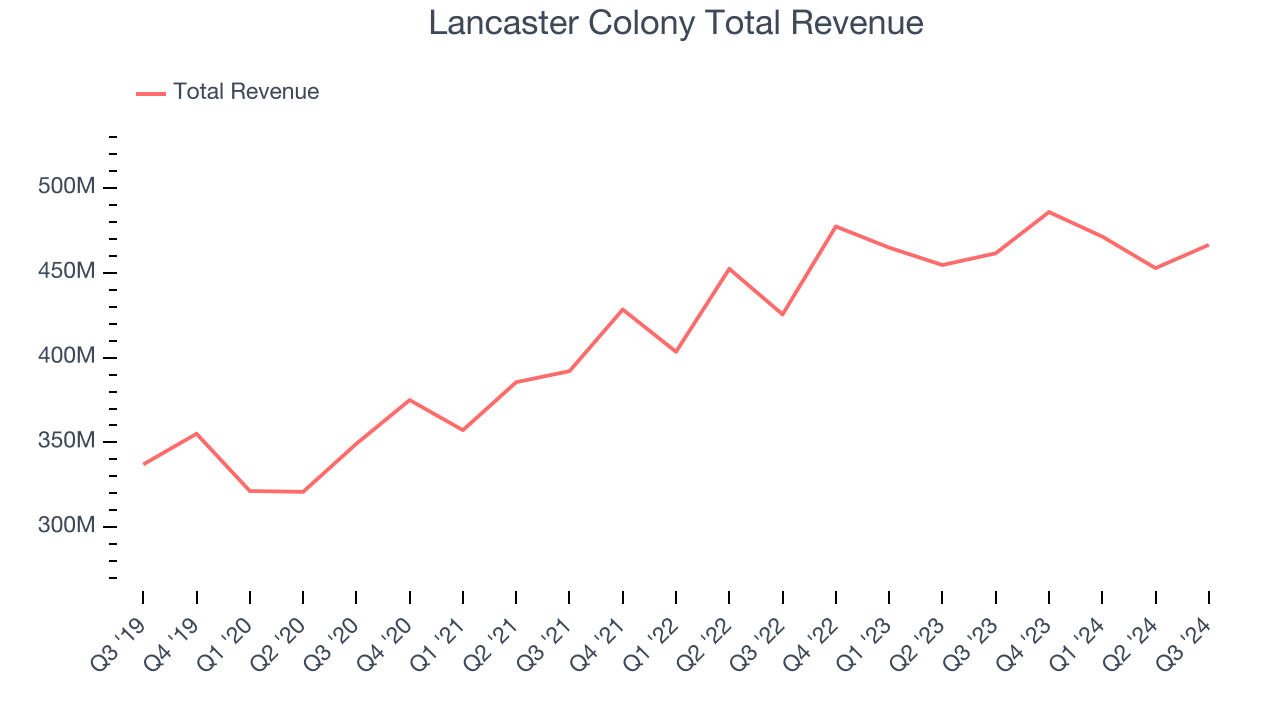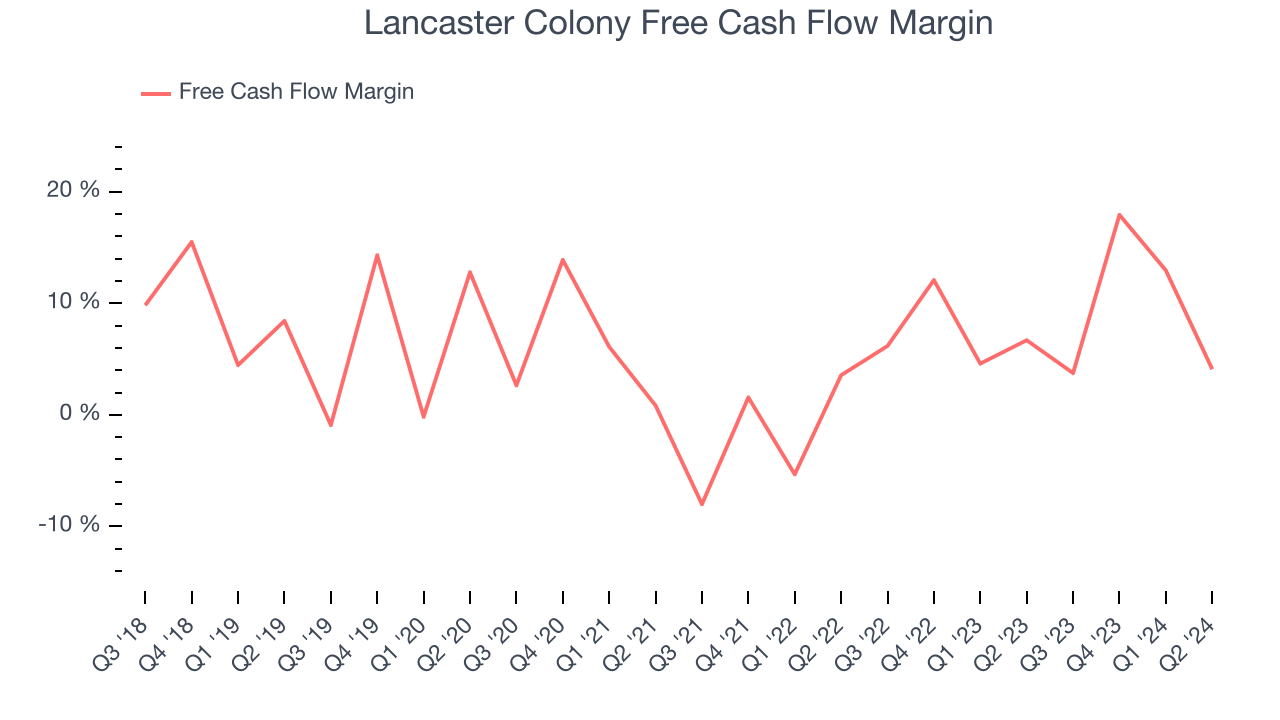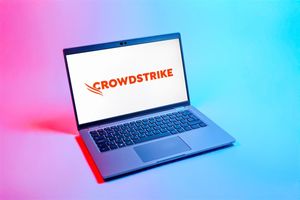Financial News
More News
View More
CRWD Stock Hits Key Inflection Point Ahead of Earnings ↗
Today 10:34 EST
Monolithic Power Surges in 2025—Time to Buy or Hold? ↗
Today 8:02 EST
dLocal Falls Despite Blowout Q3 Results—What Investors Are Missing ↗
November 13, 2025
Recent Quotes
View More
Stock Quote API & Stock News API supplied by www.cloudquote.io
Quotes delayed at least 20 minutes.
By accessing this page, you agree to the Privacy Policy and Terms Of Service.
Quotes delayed at least 20 minutes.
By accessing this page, you agree to the Privacy Policy and Terms Of Service.
© 2025 FinancialContent. All rights reserved.











